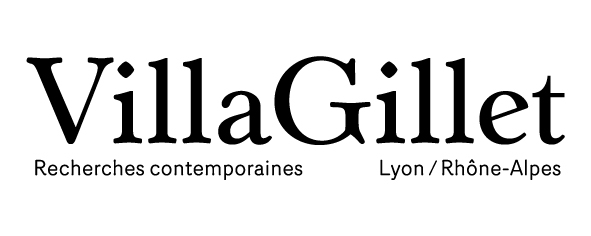William Finnegan on Memory and Non-Fiction
 William Finnegan is the author of Cold New World, A Complicated War, Dateline Soweto, Crossing the Line, and Barbarian Days. He has twice been a National Magazine Award finalist and has won numerous journalism awards, including two Overseas Press Club awards since 2009. Barbarian Days: A Surfing Life received the 2016 Pulitzer Prize for Autobiography. A staff writer at The New Yorker since 1987, he lives in Manhattan.
William Finnegan is the author of Cold New World, A Complicated War, Dateline Soweto, Crossing the Line, and Barbarian Days. He has twice been a National Magazine Award finalist and has won numerous journalism awards, including two Overseas Press Club awards since 2009. Barbarian Days: A Surfing Life received the 2016 Pulitzer Prize for Autobiography. A staff writer at The New Yorker since 1987, he lives in Manhattan.
The unreliability of memory is notorious, a scientific fact proven again and again, in laboratories and in life. Apparently, we don’t even directly remember events, but rather our own re-tellings of events, and we introduce new shadings, new distortions, with every telling. Our memories are easily altered by suggestions introduced from other sources, and, if a story is autobiographical, the main purpose of these constant revisions is usually to comfort ourselves, to see ourselves in a kinder or more exalted light.
I write long-form non-fiction. As a reporter, I am often sifting through the memories of others, cross-checking their stories with other accounts, weighing the credibility of a storyteller, while I try to build a narrative. I need to be aware of my own biases. My biggest bias is simply toward creating a good story—one that engages and surprises a reader and that delivers, in the end, a message that I approve. If I don’t constantly re-examine my own motives, I will compound the unreliability of everyone’s memories with my own unreliability as a narrator.
“Non-fiction” is a weak concept, when you think about it. It just means “not made-up,” which is never strictly true, since all narrative needs to be shaped. At The New Yorker, the magazine where I work, we use the term “writing fact.” A long article is a “long fact piece.” Before publication, every fact that can be checked is checked. And yet the writer’s latitude remains immense, as he or she puts together a story, and we can never vouch for the truth of every anecdote. It may be simply what somebody said, and we are inclined to believe them, unless we indicate otherwise. But if a story involves memory, which most stories do, the reader, writer, and editor should all understand that it’s best to leave a margin for error.
Then there is memoir. My most recent book is a type of autobiography. Memoir is a weird genre for a reporter. You need to investigate your own memories, report out your own past. We are talking about private life now. Nothing was “on the record.” You’re not, of course, the only interested party, and now you’re giving yourself the license to depict friends and loved ones in unguarded shared moments, usually many years later. That’s a big arrogation. You need to think long and hard about what to put in and what to leave out.
Also, it turns out that some of your most vivid, cherished memories are wrong. It simply did not happen that way. Those stories you’ve been telling, polishing and improving here and there, for half your life? Nobody else remembers it that way. Nothing in the documentary record supports your version. Now you need to go back and try to correct your memories, if you can—all that myth and erasure.
I contacted many long-lost friends, and others, for this memoir. People surprised me, and not only because their recollections were often wildly different from mine. Subjects that I feared might be painfully sensitive turned out, in some cases, to be happy memories. People were proud of their rowdy pasts. “You wrote that my life seemed like ‘one long middle-aged orgy’? You want to put that in your book? That’s great.” This woman, now 89, was delighted. She wanted to be remembered that way. In other cases, people were appalled that I was writing about episodes from their past that I thought were perfectly reputable. “I never told my kids about that.” More negotiations, additional soul-searching, additional research. There is no chance that everybody depicted in a memoir is going to be happy with their depiction.
Fiction often looks easy from the embattled position of the fact-hunter. Memory can be manipulated, transformed, enhanced, instrumentalized without constraint, without all these little crises of conscience. In truth, establishing narrative authority in fiction, persuading readers to suspend disbelief, is the opposite of easy. It’s the literary version of a magic trick. In “non-fiction,” we can rely on the automatic authority of fact. In memoir, we can say, “I was there. These are my memories.” As if that assertion settles the matter.
Pour citer cette ressource :
William Finnegan, William Finnegan on Memory and Non-Fiction, La Clé des Langues [en ligne], Lyon, ENS de LYON/DGESCO (ISSN 2107-7029), octobre 2017. Consulté le 15/02/2026. URL: https://cle.ens-lyon.fr/anglais/litterature/entretiens-et-textes-inedits/william-finnegan-on-memory-and-non-fiction



 Activer le mode zen
Activer le mode zen

